生产软件分类考试试卷英语
-
已被采纳为最佳回答
在生产软件领域,考试试卷的分类主要包括三种类型:理论考试、实际操作考试、案例分析考试。 其中,理论考试主要测试学生对软件生产流程、工具和方法论的理解,通常涵盖软件开发生命周期、项目管理、质量保证等知识点;实际操作考试则侧重于学生在真实环境中应用所学知识的能力,可能涉及编写代码、使用开发工具等;而案例分析考试则要求学生分析具体的项目案例,通过提出解决方案来评估其综合运用能力。以理论考试为例,考生需要理解不同软件开发模型(如瀑布模型、敏捷开发等)的优缺点,能够根据项目需求选择合适的开发方法,这对于未来的职业生涯至关重要。
一、理论考试
理论考试是生产软件分类考试的重要组成部分,主要考查学生对软件开发流程和基本概念的理解。理论考试的内容通常包括软件工程的基本原则、项目管理知识、软件质量保证标准等。 理论考试不仅仅是对记忆的考察,更是对理解和应用能力的评估。通过对软件开发生命周期(SDLC)的掌握,考生能更好地理解项目的各个阶段,包括需求分析、设计、编码、测试和维护。学生需要熟悉不同的开发模型,如瀑布模型和敏捷开发,并能够根据具体项目需求选择合适的开发方法。此外,考试中可能还会涉及软件需求分析的技巧,比如如何与客户沟通以确定需求,如何撰写需求文档等。理论知识不仅为学生提供了基础,还帮助他们在实际工作中做出更为明智的决策。
二、实际操作考试
实际操作考试旨在评估学生在真实环境中应用软件开发知识的能力。此类考试通常要求考生完成一系列编程任务,使用特定的开发工具和技术。 通过实际操作,考生能够展示他们在代码编写、调试和测试方面的技能。这类考试的重要性在于,它不仅考察学生的技术能力,还评估他们解决问题的能力。在实际项目中,常常会遇到各种挑战,例如代码的高效性、可读性和可维护性。考生需要在规定的时间内完成任务,展现出对时间管理和任务优先级的理解。此外,实际操作考试还可能包括对团队合作的考察,尤其是在敏捷开发环境中,团队成员之间的协作显得尤为重要。通过这种方式,学生能够在考试中模拟真实的工作场景,培养出适应未来工作的能力。
三、案例分析考试
案例分析考试要求学生分析具体的软件项目案例,提出解决方案并进行论证。此类考试注重学生的综合运用能力,考查其在实际工作中解决复杂问题的能力。 在案例分析中,考生可能会面临一些常见的项目挑战,例如需求变更、技术选型、团队协作和进度管理等。分析这些案例不仅需要对理论知识的扎实掌握,还要求学生具备良好的批判性思维能力和创造力。考生需要从多个角度分析问题,考虑各种解决方案的优缺点,并提出切实可行的建议。此外,案例分析还鼓励学生关注软件项目的经济性和可行性,帮助他们在未来的职业中更好地平衡技术与商业需求。通过这样的考试形式,学生能够更深入地理解软件开发过程中的复杂性,并为将来的职业生涯做好准备。
四、考试准备与复习策略
为了在生产软件分类考试中取得优异成绩,考生需要制定有效的复习策略。复习应包括理论知识的系统学习、实际技能的反复练习以及案例分析的深入研究。 理论知识的复习可以通过阅读相关教材、参加在线课程和讨论班来完成。考生应重点关注软件开发的基本概念和最新的行业趋势,以确保对理论内容的全面理解。在实际操作方面,考生应通过编写代码、解决编程题和参与开源项目来提高自己的技术水平。通过不断的实践,考生能够增强自信心,并在考试中表现得更加出色。案例分析的复习则可以通过研究成功和失败的项目案例,分析其中的关键因素来进行。考生应尝试从不同角度看待问题,培养出解决复杂问题的能力。最终,考生应制定详细的复习计划,确保每个知识点都得到充分的关注和理解。
五、考试中的常见误区
在准备生产软件分类考试时,考生常常会犯一些常见的误区,这些误区可能影响他们的考试成绩。例如,忽视理论知识的学习、过度依赖某一特定工具或技术、以及缺乏案例分析的实践等。 有些考生在复习过程中过于注重实际操作,认为只要掌握了编程技能就能顺利通过考试,然而,理论知识的不足会导致在面对复杂问题时无法做出正确的判断。此外,部分考生可能会过度依赖某一特定的编程语言或工具,导致在考试中无法灵活应对不同的任务要求。案例分析的缺乏准备也是一个常见问题,考生在面对复杂的项目案例时,可能无法有效地提出解决方案。为避免这些误区,考生需要在复习时保持平衡,确保理论、实践和案例分析的全面覆盖,以提高考试通过的机会。
六、考试后的反思与改进
考试结束后,反思和改进是提升学习效果的重要环节。考生应在考试后认真分析自己的表现,总结成功之处与需要改进的地方。 通过对考试结果的分析,考生能够识别出自己在知识掌握和技能运用方面的不足,从而有针对性地进行改进。例如,如果在理论考试中发现某些知识点掌握不牢,考生可以安排时间进行针对性复习。而在实际操作考试中,如果遇到问题的解决方案不够有效,考生应反思自己的思维过程,并寻找更优的解决方案。在案例分析中,考生可以通过讨论和交流,获得不同的视角和见解。通过不断的反思与改进,考生能够不断提高自己的能力,为未来的职业发展打下坚实的基础。
通过以上几个方面的详细探讨,考生可以更好地准备生产软件分类考试,提升自己的知识水平和实际能力,为未来的职业发展做好充分的准备。
10个月前 -
Title: Classifying Software Production Exam Paper
I. Introduction
- Definition of software production
- Importance of understanding software production
- Overview of the exam content
II. Software Development Methodologies
- Explanation of different software development methodologies such as Waterfall, Agile, Scrum, and DevOps
- Comparison of the advantages and disadvantages of each methodology
- Examples of real-world applications for each methodology
III. Software Development Life Cycle (SDLC)
- Detailed explanation of the stages of the SDLC, including planning, analysis, design, implementation, testing, deployment, and maintenance
- Importance of each stage in the overall development process
- Case studies demonstrating the application of SDLC in various software projects
IV. Programming Languages and Tools
- Overview of popular programming languages such as Java, Python, C++, and JavaScript
- Explanation of integrated development environments (IDEs) and their role in software development
- Discussion on the selection of programming languages and tools based on project requirements
V. Quality Assurance and Testing
- Importance of quality assurance in software production
- Types of software testing, including unit testing, integration testing, system testing, and acceptance testing
- Best practices for ensuring the quality of software products
VI. Software Documentation and Version Control
- Role of documentation in software development
- Explanation of version control systems such as Git and SVN
- Importance of maintaining accurate and up-to-date documentation throughout the development process
VII. Project Management in Software Development
- Overview of project management methodologies such as Scrum, Kanban, and Lean
- Importance of effective project management in delivering successful software products
- Case studies demonstrating the application of project management methodologies in software development projects
VIII. Ethical and Legal Considerations in Software Production
- Discussion on ethical issues related to software development, such as privacy, security, and intellectual property rights
- Compliance with legal regulations and standards in software production
- Importance of ethical and legal considerations in maintaining the integrity of software products
IX. Conclusion
- Summary of key points covered in the exam paper
- Importance of continuous learning and adaptation in the field of software production
- Encouragement for further exploration of software development concepts and practices
1年前 -
Software Classification Exam Paper
Part 1: Multiple Choice Questions
Instructions: Choose the correct answer for each question.
- What type of software controls the internal operations of a computer's hardware?
A. Application software
B. System software
C. Programming software
D. Utility software- Which of the following is an example of application software?
A. Microsoft Windows
B. Adobe Photoshop
C. Linux operating system
D. Device drivers- Which software is designed to perform a specific task for the user, such as word processing or web browsing?
A. System software
B. Programming software
C. Utility software
D. Application software- What type of software helps users perform maintenance tasks on their computer systems, such as disk cleanup and antivirus scans?
A. Application software
B. System software
C. Programming software
D. Utility software- Which software is used by developers to write, test, and debug programs?
A. Application software
B. System software
C. Programming software
D. Utility softwarePart 2: True or False
Instructions: Determine whether the following statements are true or false.
-
System software is not essential for a computer to function properly. (T/F)
-
Device drivers are examples of system software. (T/F)
-
Utility software is used to create applications for end-users. (T/F)
-
Programming software includes tools like compilers and debuggers. (T/F)
-
Application software is designed to help users perform specific tasks. (T/F)
Part 3: Short Answer Questions
Instructions: Provide a brief answer to each of the following questions.
-
Give an example of system software and explain its function.
-
What is the difference between system software and application software?
-
Why is utility software important for computer maintenance?
-
Name two programming languages and explain their uses.
-
How does application software differ from system software in terms of user interaction?
Part 4: Essay Question
Instructions: Write a short essay (200-300 words) discussing the importance of software classification in the field of computer science. Include examples of different software types and their roles in the functioning of a computer system.
This exam paper is designed to test your understanding of software classification in the field of computer science. Good luck!
1年前 -
Software Classification Exam Paper
Section A: Multiple Choice Questions
-
What is the primary function of system software?
A. To perform specific tasks for end-users
B. To provide a platform for running application software
C. To help users interact with the hardware of the computer
D. To create documents and presentations -
Which of the following is an example of application software?
A. Operating System
B. Microsoft Word
C. Device Drivers
D. Antivirus Software -
Which category does Adobe Photoshop belong to?
A. System Software
B. Application Software
C. Utility Software
D. Programming Software -
What is the purpose of utility software?
A. To manage computer hardware resources
B. To perform specific tasks for end-users
C. To provide security against viruses and malware
D. To help maintain and optimize the computer system -
Which type of software is designed to assist programmers in writing code?
A. System Software
B. Application Software
C. Utility Software
D. Programming Software
Section B: Short Answer Questions
-
Explain the difference between system software and application software.
-
Give two examples of system software and describe their functions.
-
Discuss the importance of antivirus software in protecting a computer system.
-
How does utility software help in optimizing the performance of a computer?
-
Provide two examples of programming software and explain their role in software development.
Section C: Essay Questions
-
Discuss the role of operating systems in managing computer hardware resources.
-
Explain the concept of open-source software and provide advantages and disadvantages of using it.
-
Compare and contrast cloud-based software with traditional software installations.
-
Describe the importance of software updates and patches in maintaining a secure computing environment.
-
Discuss the future trends in software development and how they are likely to impact the industry.
Instructions: Answer all the questions in Section A, choose any four questions from Section B, and write an essay on one of the topics in Section C. Make sure to provide detailed explanations and examples to support your answers. Good luck!
1年前 -



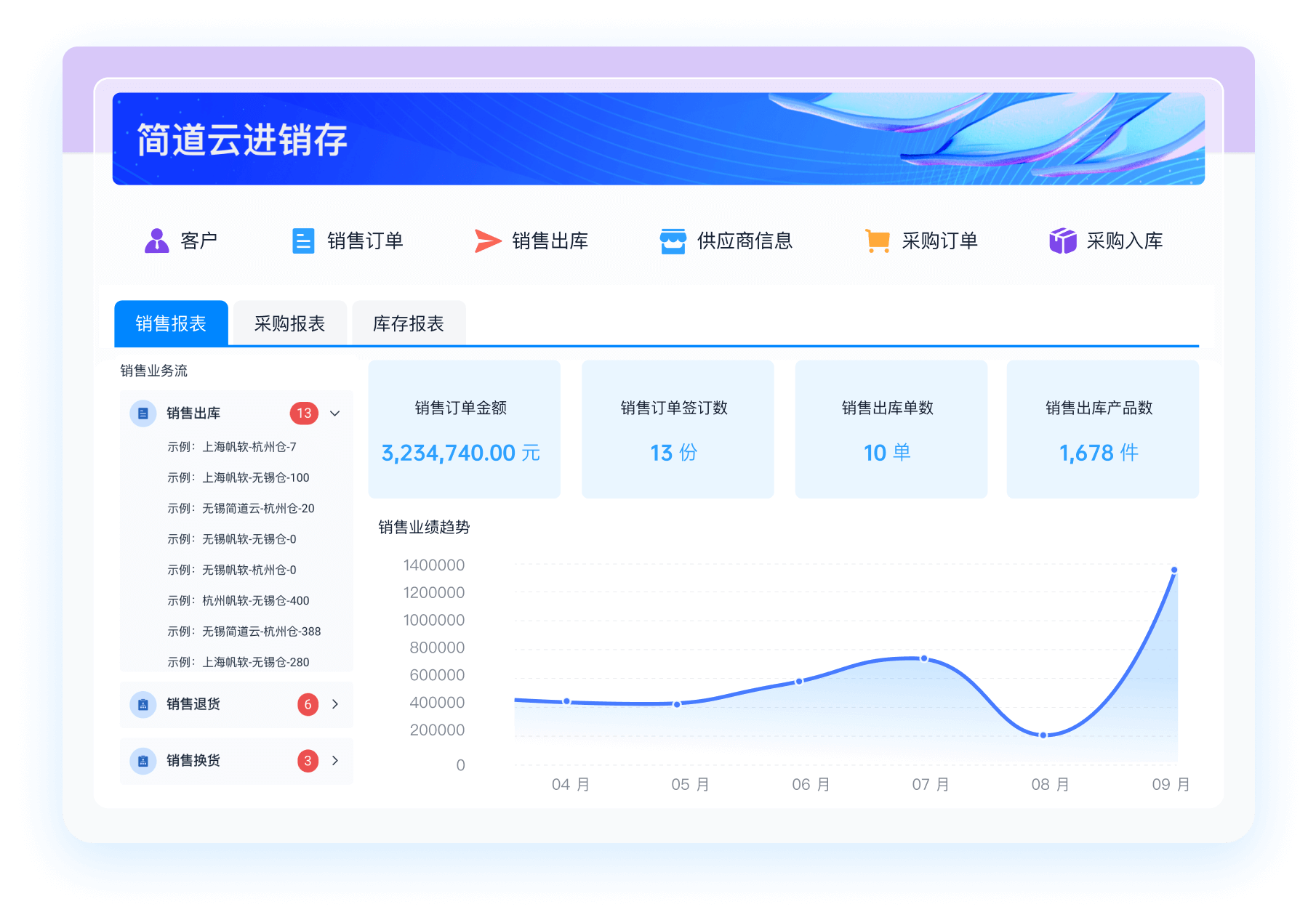
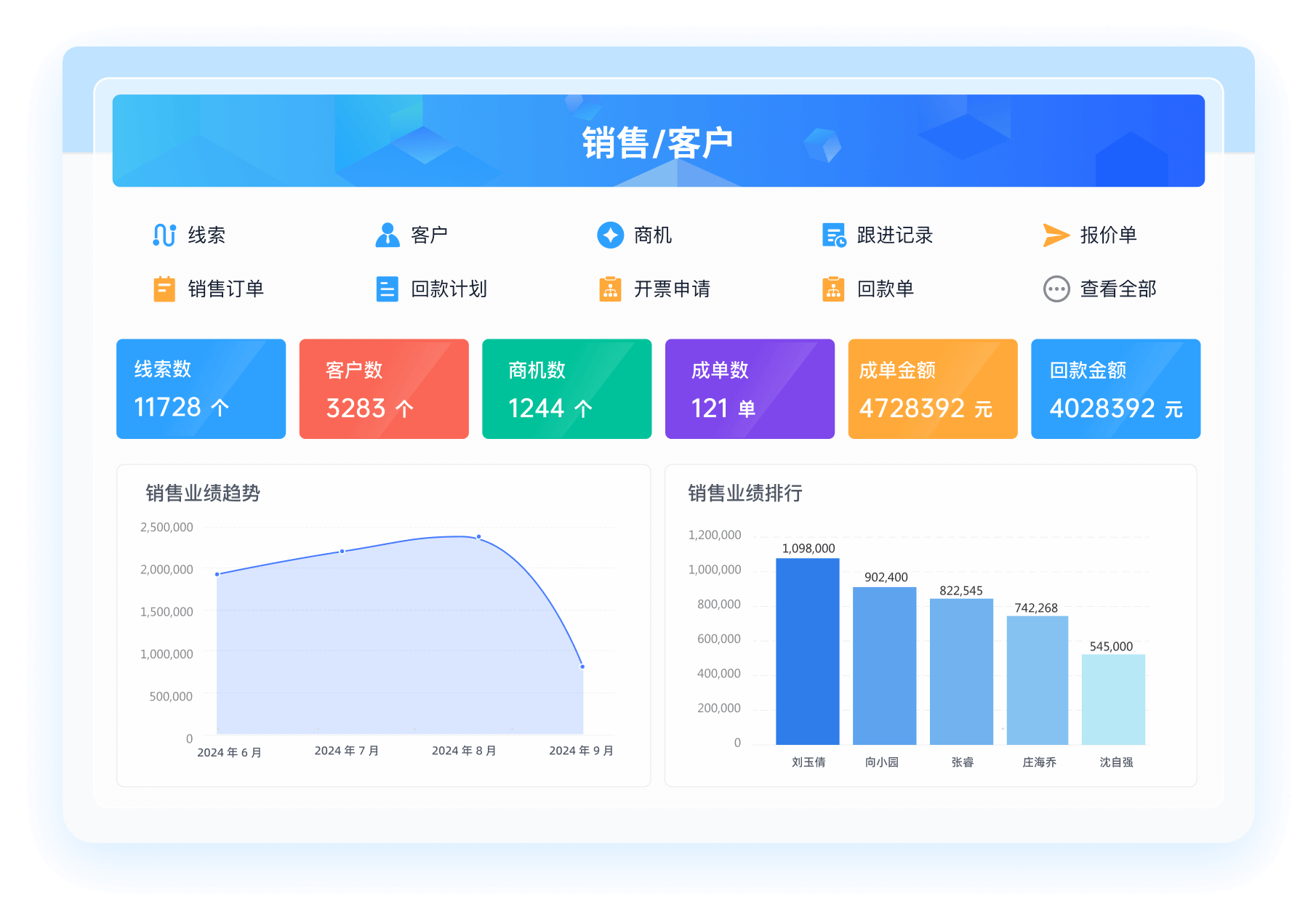
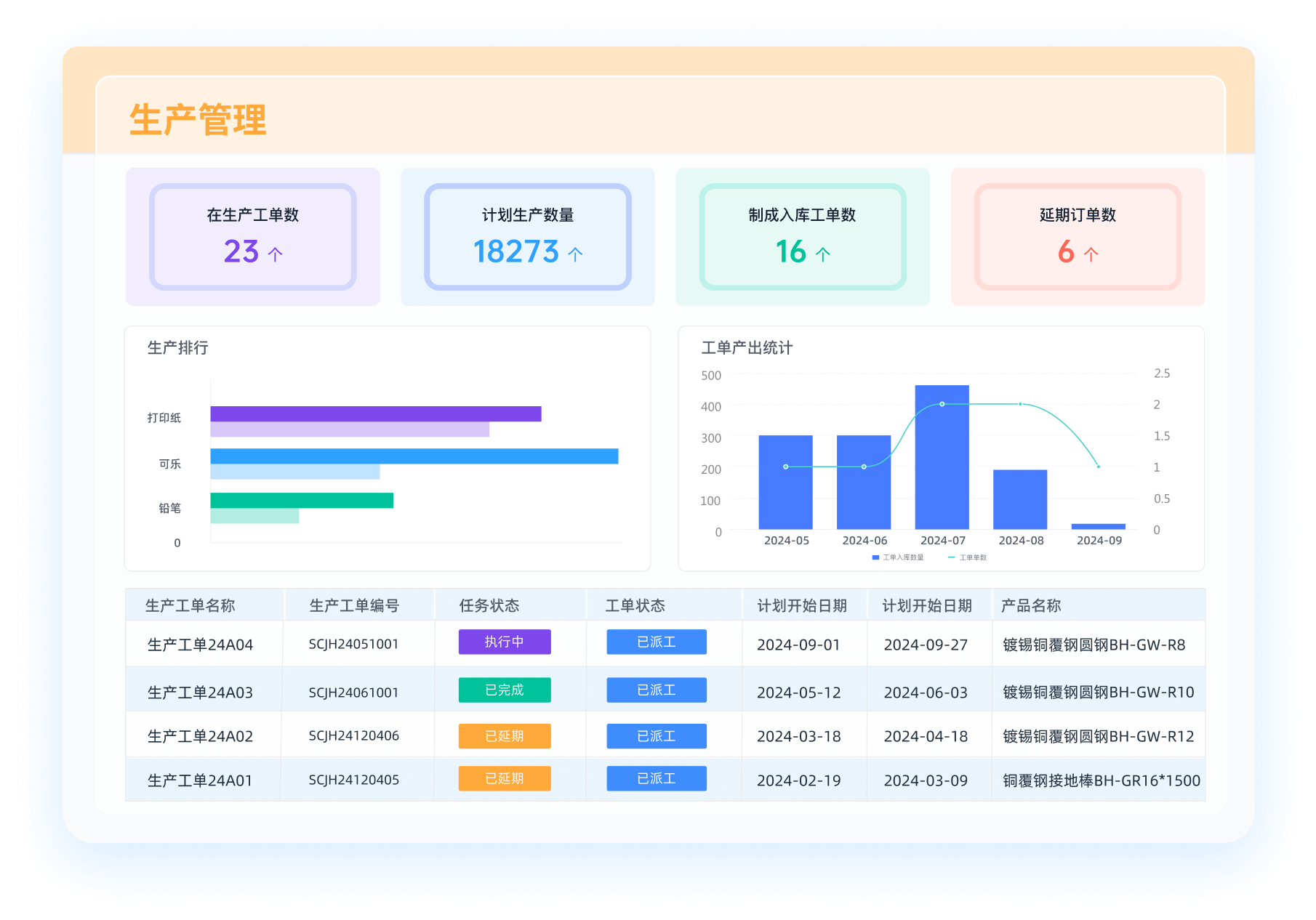
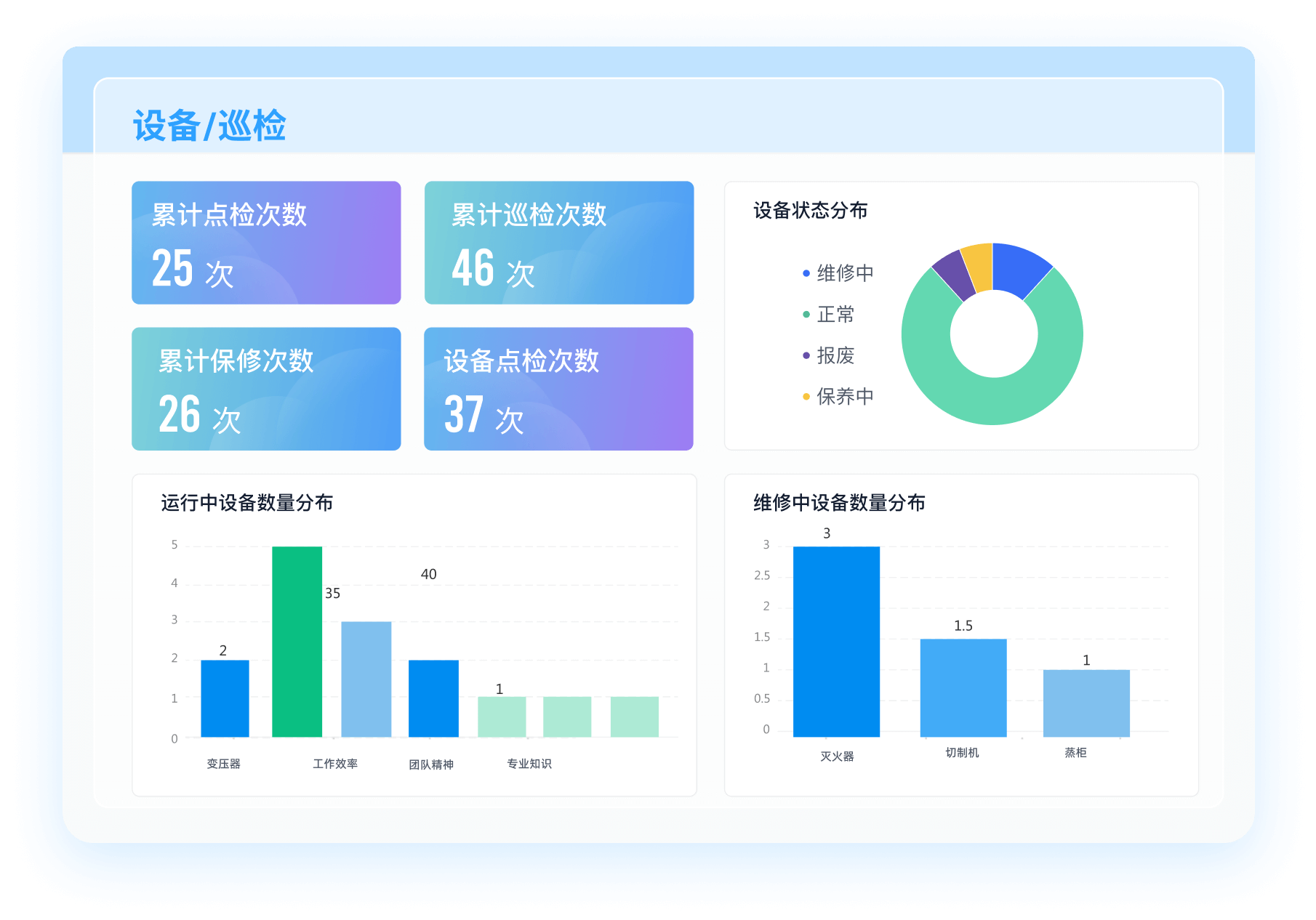
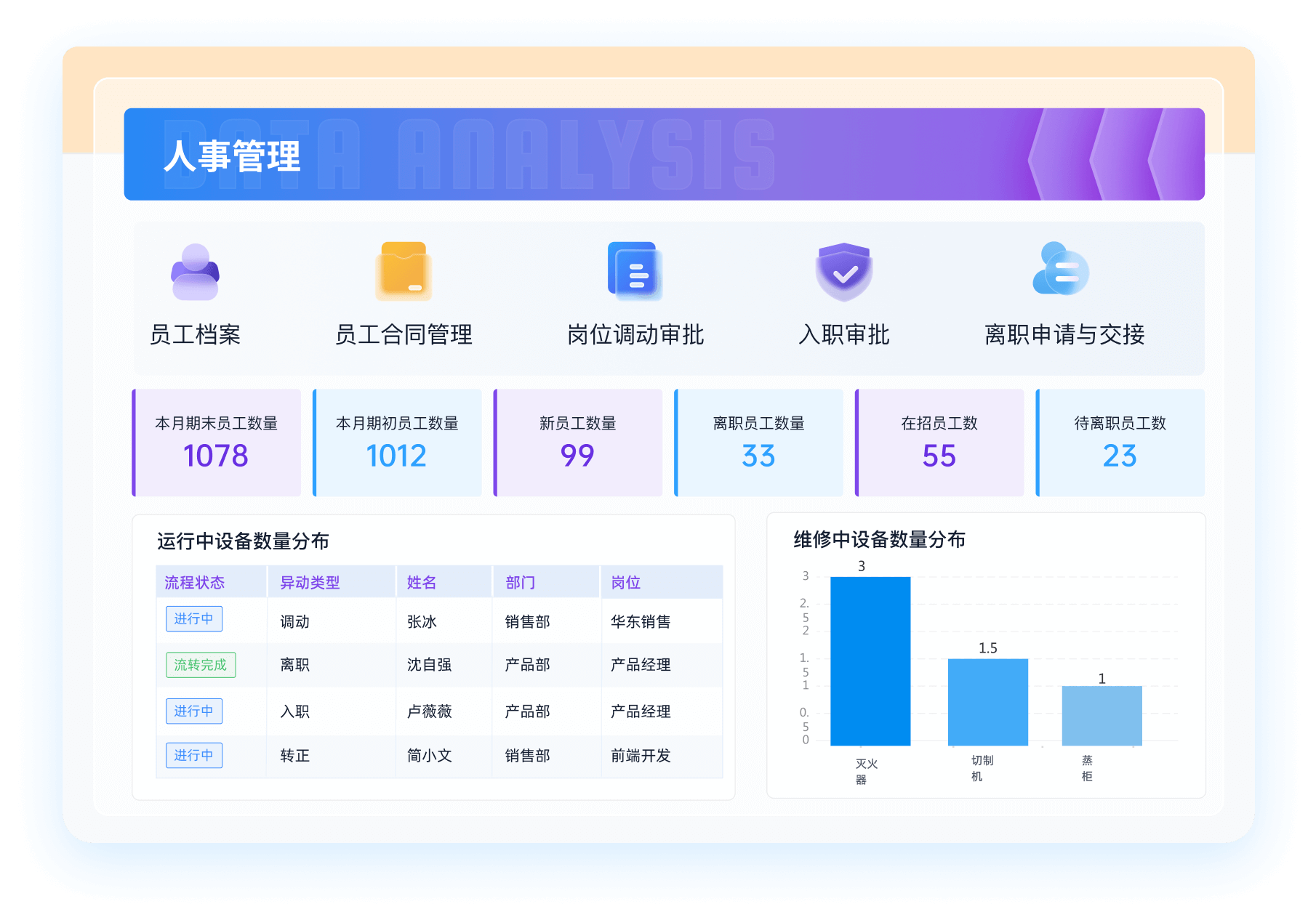
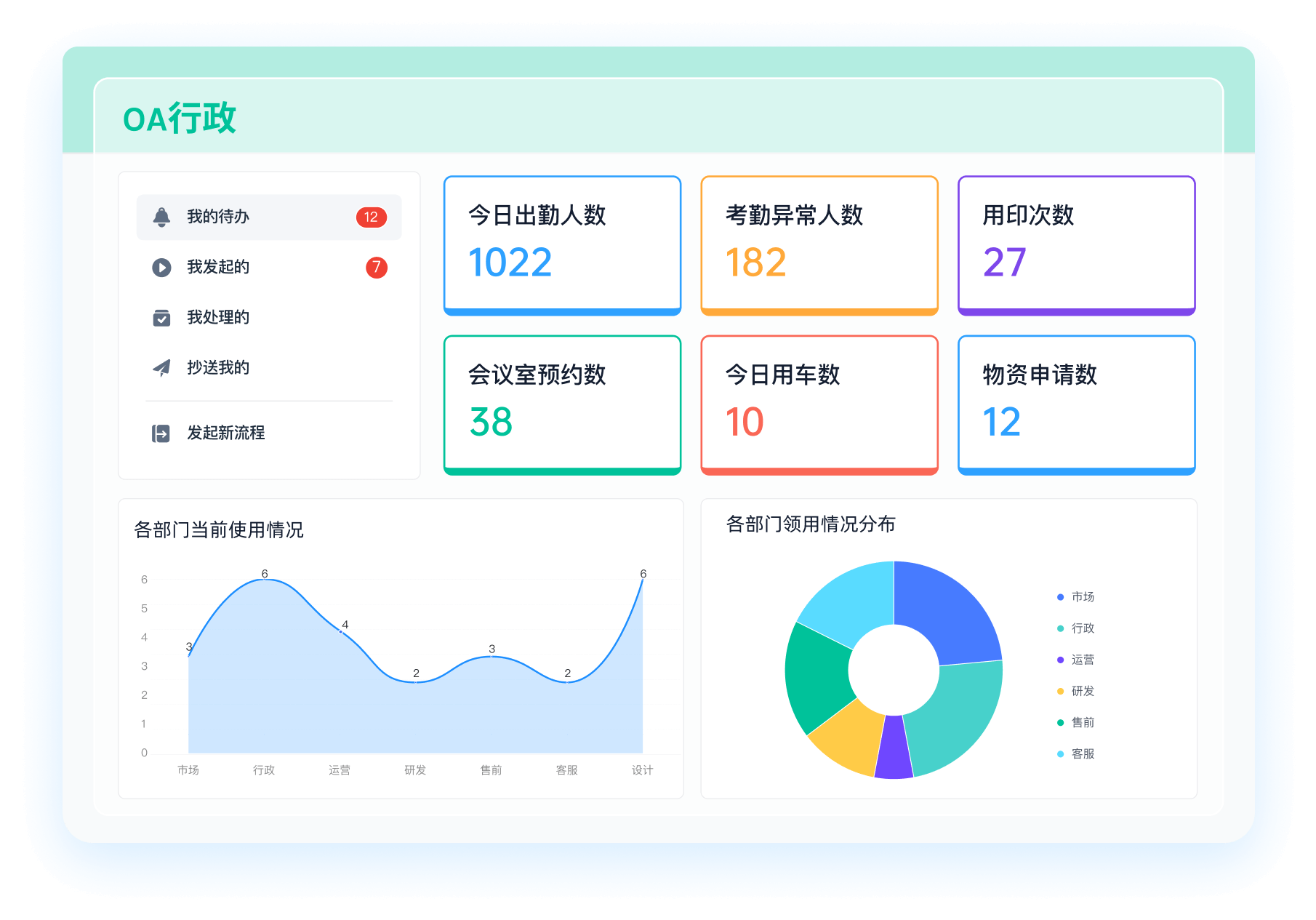
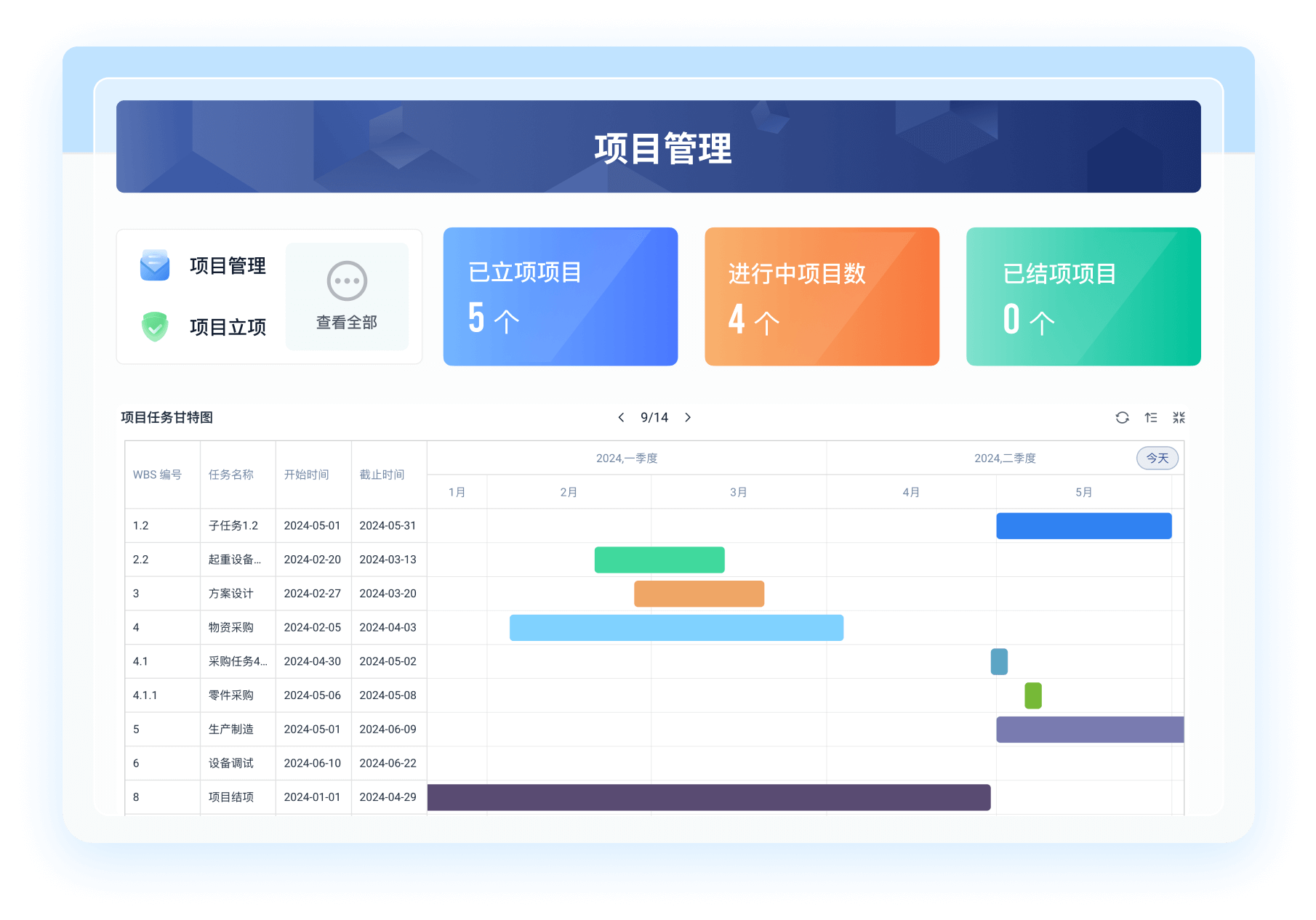
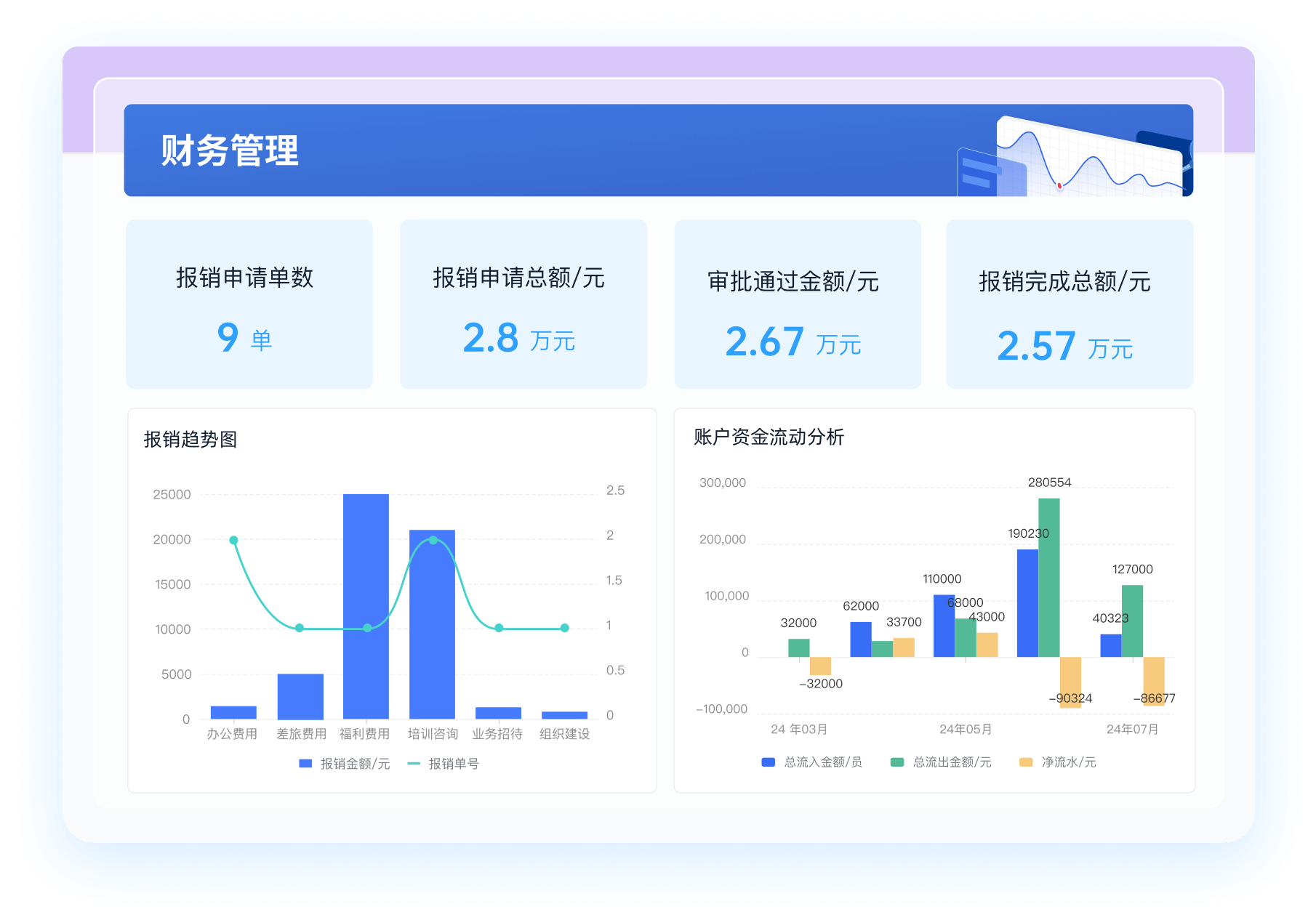
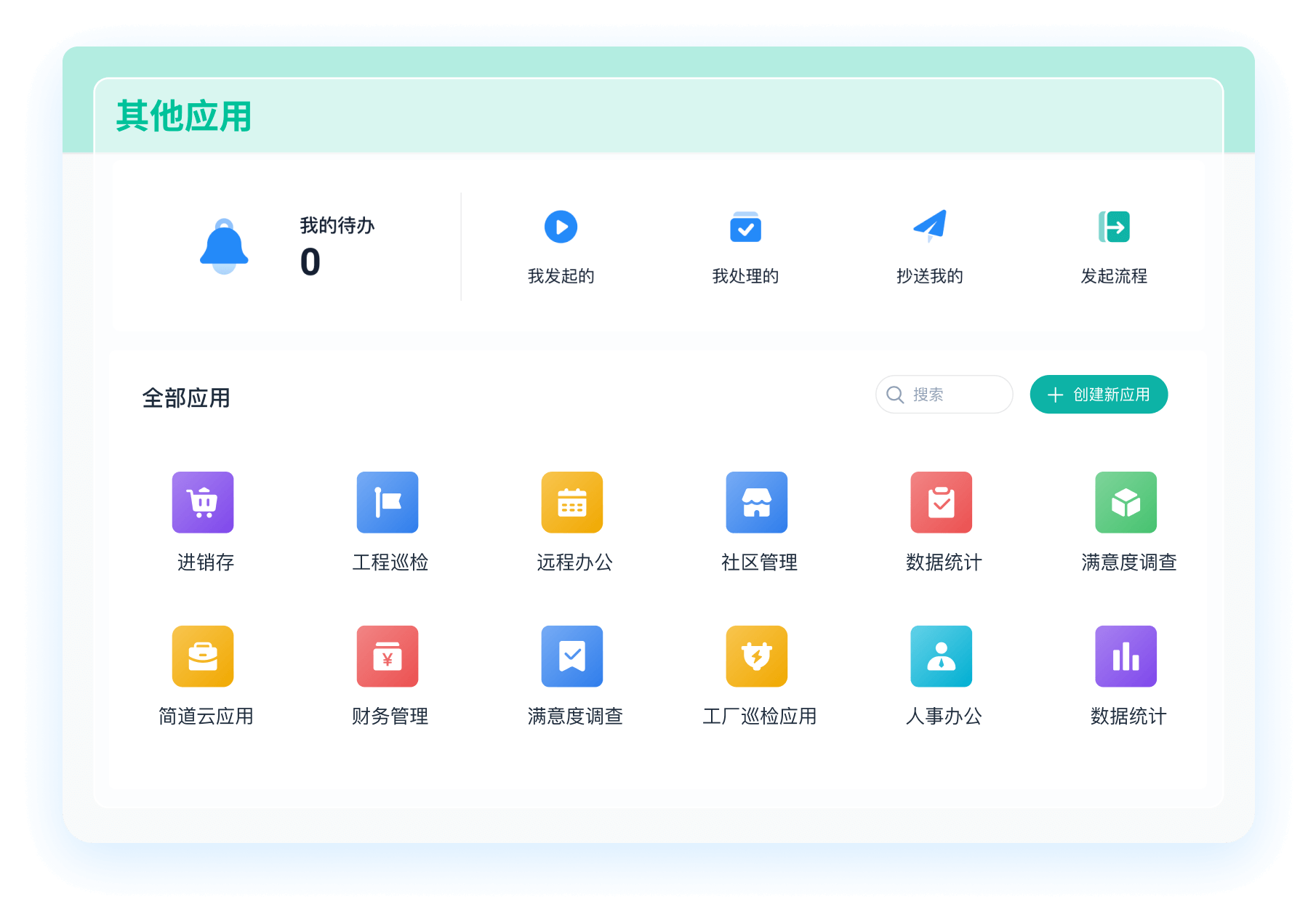



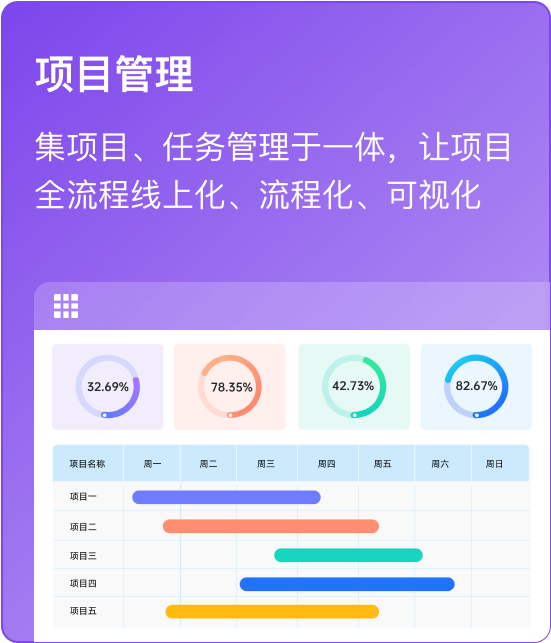

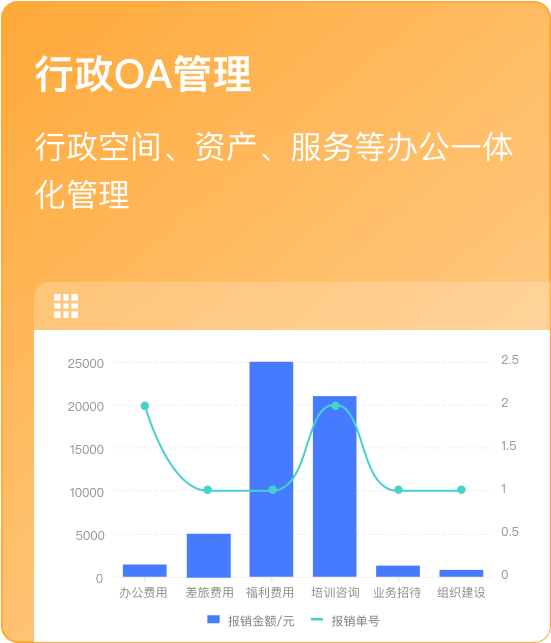

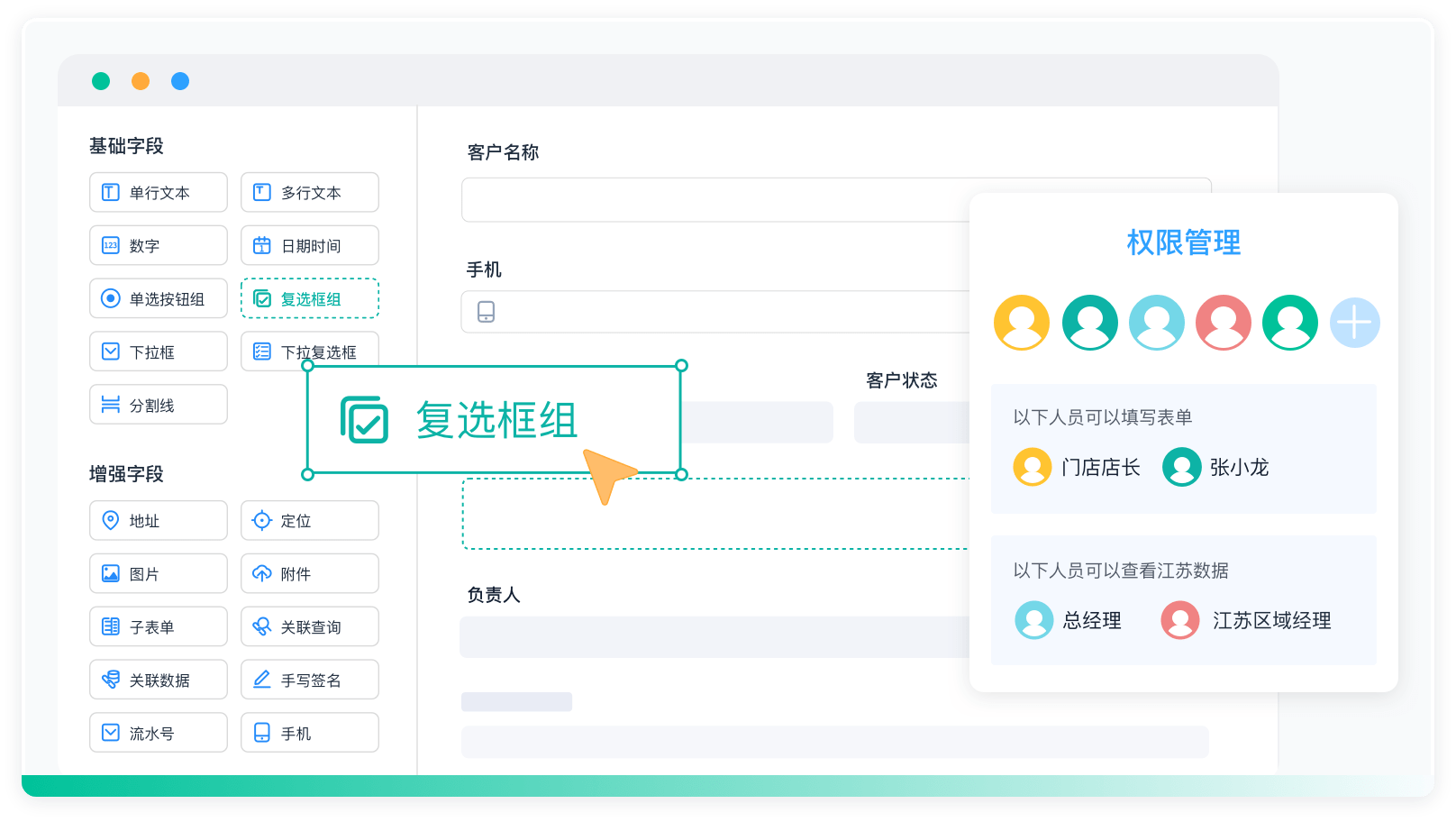
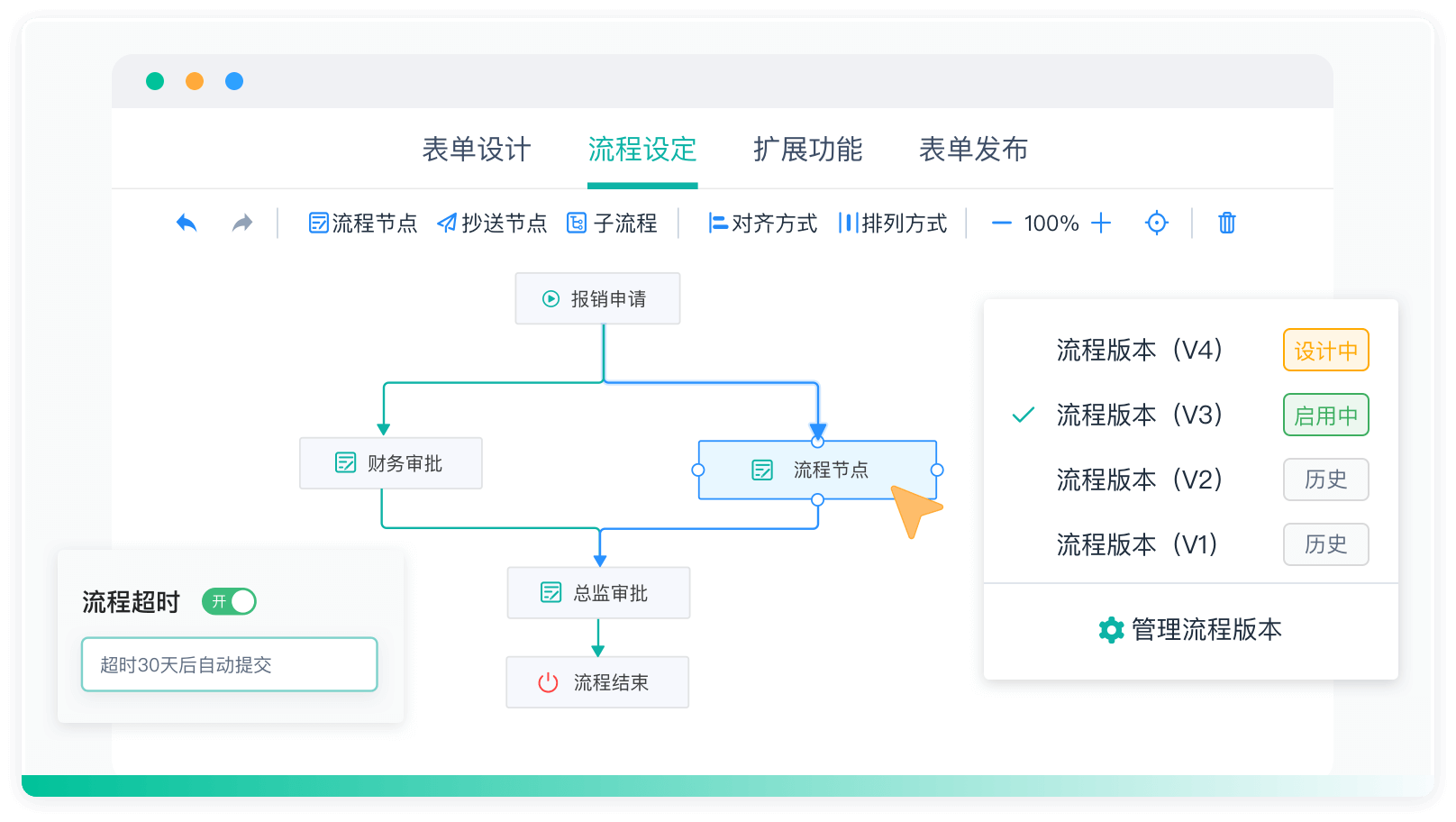
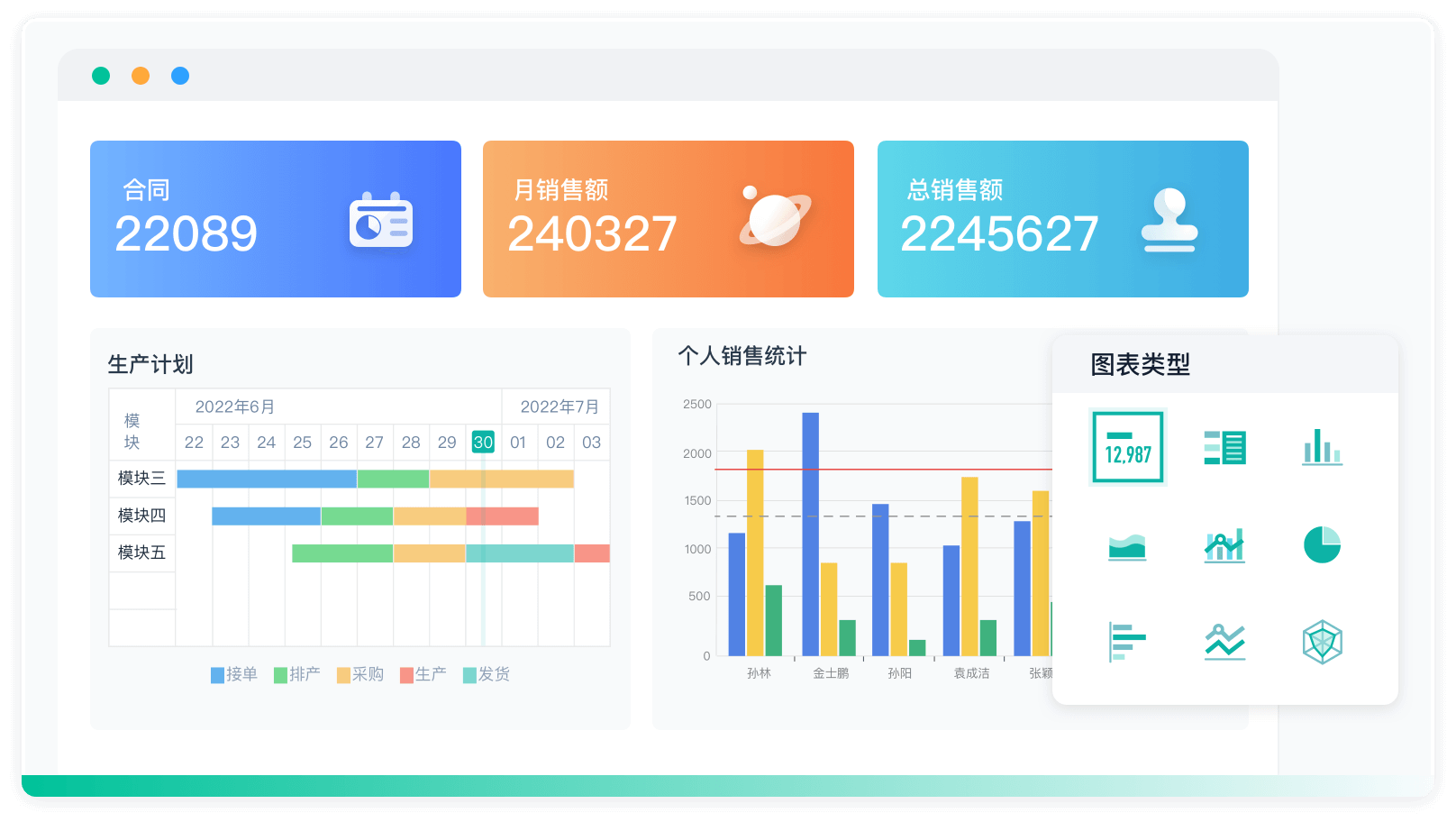
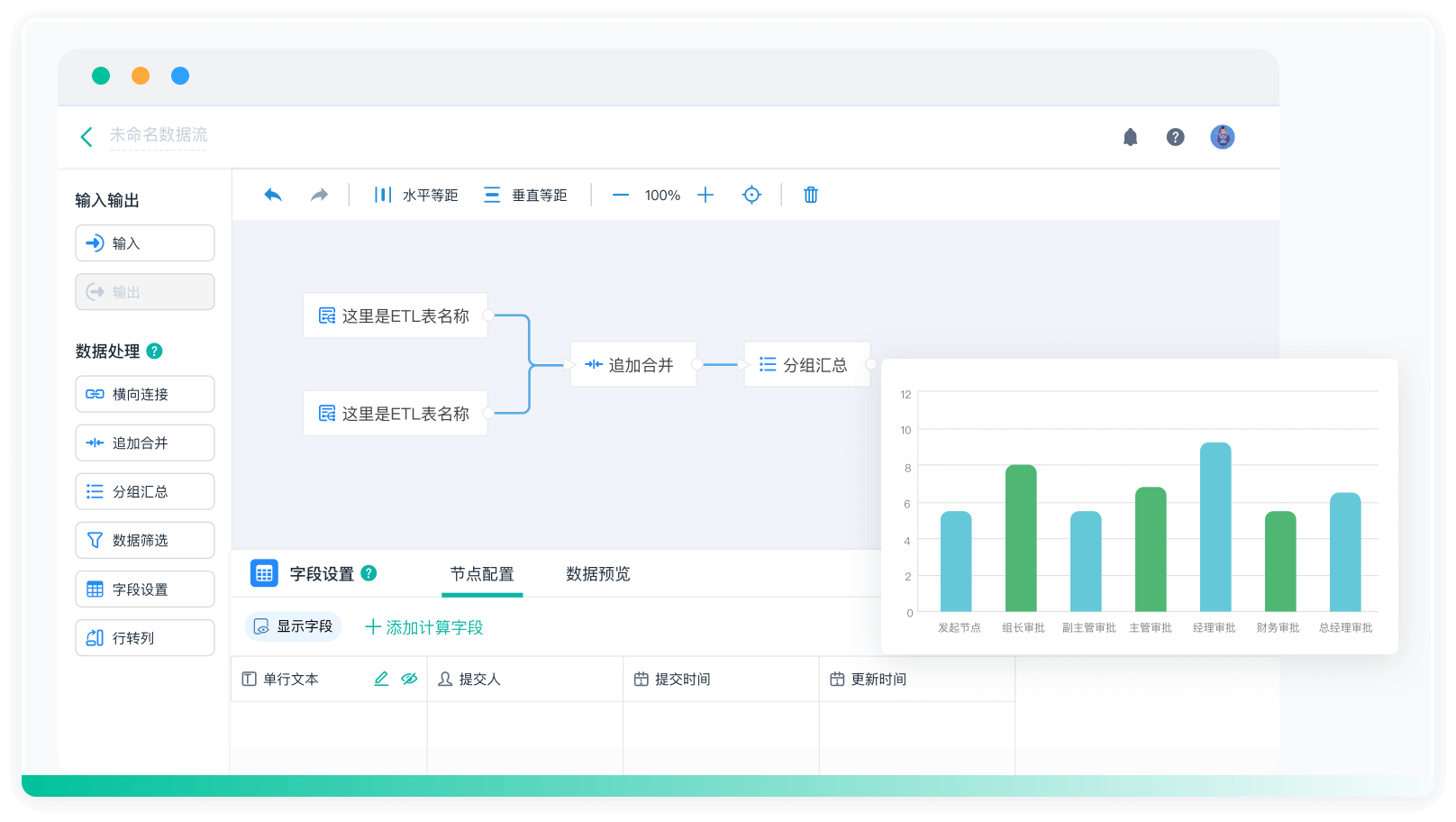
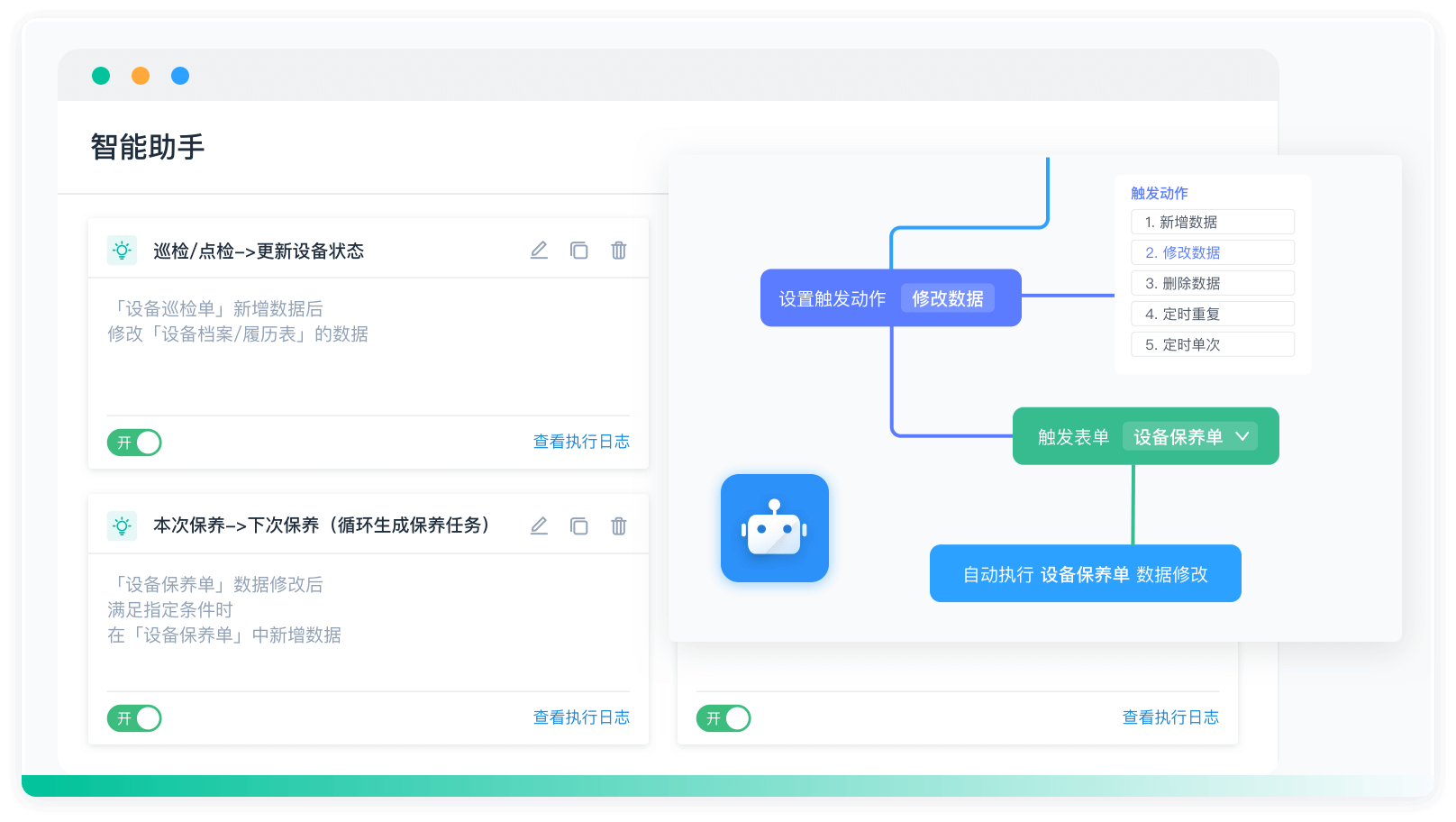
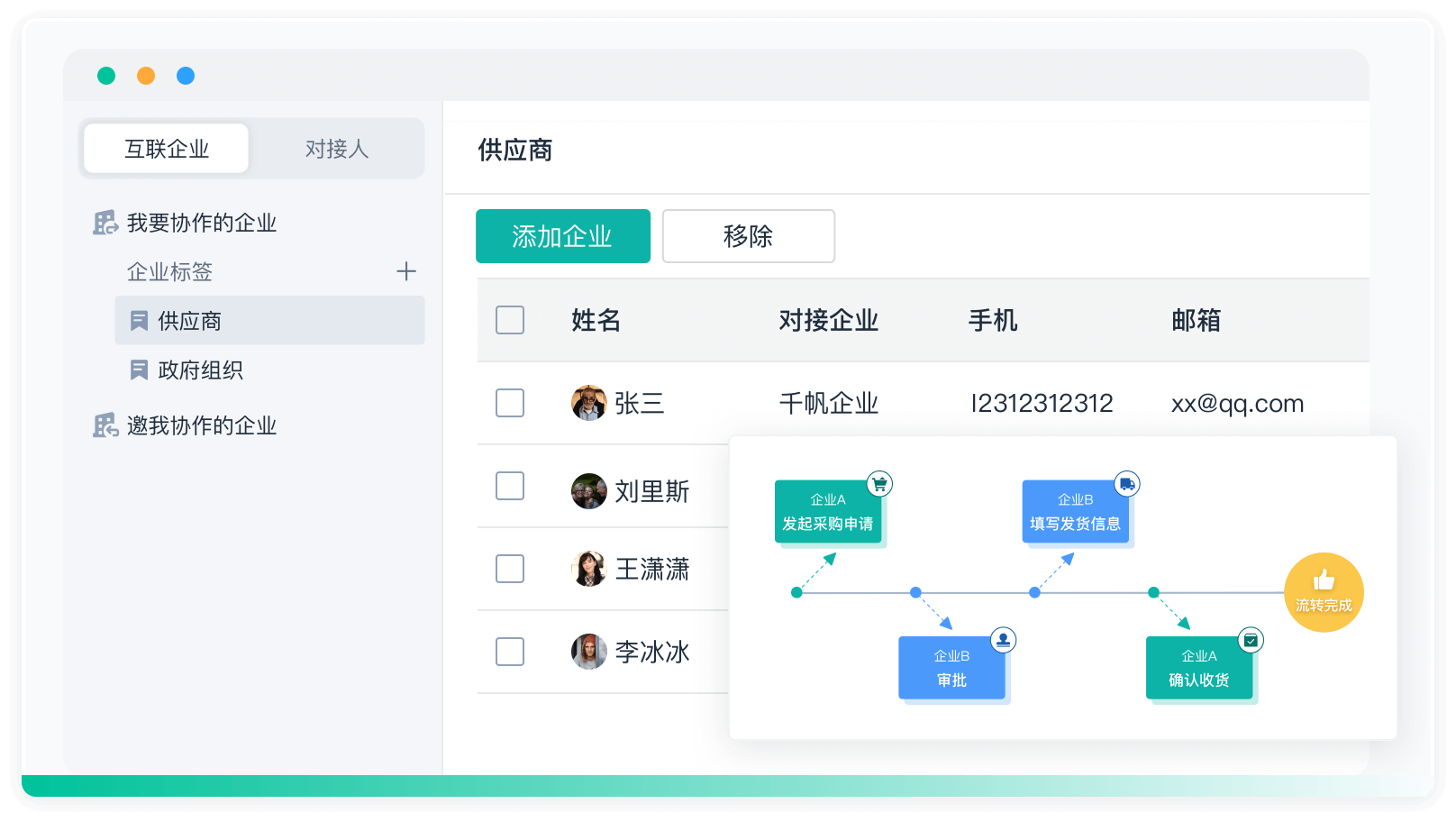
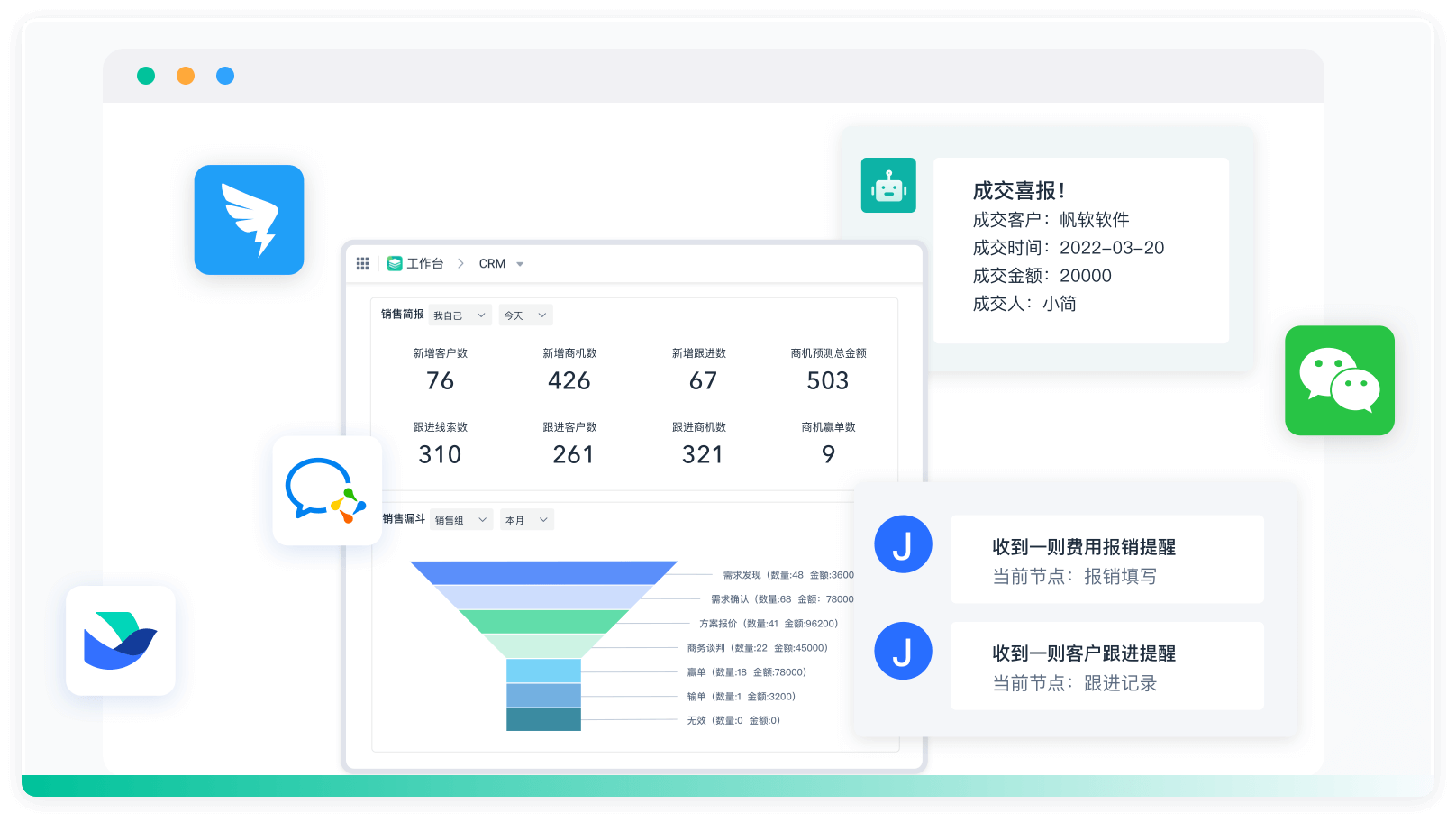
















































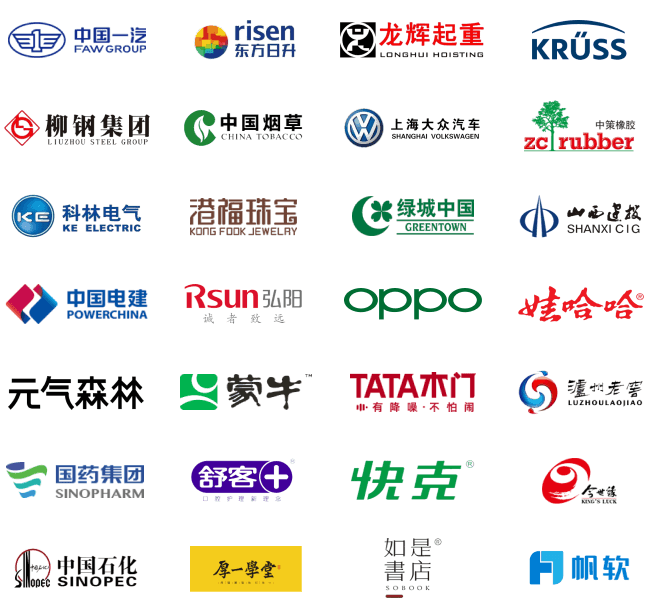
 《零代码开发知识图谱》
《零代码开发知识图谱》
 《零代码
新动能》案例集
《零代码
新动能》案例集
 《企业零代码系统搭建指南》
《企业零代码系统搭建指南》










领先企业,真实声音
简道云让业务用户感受数字化的效果,加速数字化落地;零代码快速开发迭代提供了很低的试错成本,孵化了一批新工具新方法。
郑炯蒙牛乳业信息技术高级总监
简道云把各模块数据整合到一起,工作效率得到质的提升。现在赛艇协会遇到新的业务需求时,会直接用简道云开发demo,基本一天完成。
谭威正中国赛艇协会数据总监
业务与技术交织,让思维落地实现。四年简道云使用经历,功能越来越多也反推业务流程转变,是促使我们成长的过程。实现了真正降本增效。
袁超OPPO(苏皖)信息化部门负责人
零代码的无门槛开发方式盘活了全公司信息化推进的热情和效率,简道云打破了原先集团的数据孤岛困局,未来将继续向数据要生产力。
伍学纲东方日升新能源股份有限公司副总裁
通过简道云零代码技术的运用实践,提高了企业转型速度、减少对高技术专业人员的依赖。在应用推广上,具备员工上手快的竞争优势。
董兴潮绿城建筑科技集团信息化专业经理
简道云是目前最贴合我们实际业务的信息化产品。通过灵活的自定义平台,实现了信息互通、闭环管理,企业管理效率真正得到了提升。
王磊克吕士科学仪器(上海)有限公司总经理
简道云让业务用户感受数字化的效果,加速数字化落地;零代码快速开发迭代提供了很低的试错成本,孵化了一批新工具新方法。
郑炯蒙牛乳业信息技术高级总监
简道云把各模块数据整合到一起,工作效率得到质的提升。现在赛艇协会遇到新的业务需求时,会直接用简道云开发demo,基本一天完成。
谭威正中国赛艇协会数据总监
业务与技术交织,让思维落地实现。四年简道云使用经历,功能越来越多也反推业务流程转变,是促使我们成长的过程。实现了真正降本增效。
袁超OPPO(苏皖)信息化部门负责人
零代码的无门槛开发方式盘活了全公司信息化推进的热情和效率,简道云打破了原先集团的数据孤岛困局,未来将继续向数据要生产力。
伍学纲东方日升新能源股份有限公司副总裁
通过简道云零代码技术的运用实践,提高了企业转型速度、减少对高技术专业人员的依赖。在应用推广上,具备员工上手快的竞争优势。
董兴潮绿城建筑科技集团信息化专业经理
简道云是目前最贴合我们实际业务的信息化产品。通过灵活的自定义平台,实现了信息互通、闭环管理,企业管理效率真正得到了提升。
王磊克吕士科学仪器(上海)有限公司总经理
简道云让业务用户感受数字化的效果,加速数字化落地;零代码快速开发迭代提供了很低的试错成本,孵化了一批新工具新方法。
郑炯蒙牛乳业信息技术高级总监
简道云把各模块数据整合到一起,工作效率得到质的提升。现在赛艇协会遇到新的业务需求时,会直接用简道云开发demo,基本一天完成。
谭威正中国赛艇协会数据总监
业务与技术交织,让思维落地实现。四年简道云使用经历,功能越来越多也反推业务流程转变,是促使我们成长的过程。实现了真正降本增效。
袁超OPPO(苏皖)信息化部门负责人
零代码的无门槛开发方式盘活了全公司信息化推进的热情和效率,简道云打破了原先集团的数据孤岛困局,未来将继续向数据要生产力。
伍学纲东方日升新能源股份有限公司副总裁
通过简道云零代码技术的运用实践,提高了企业转型速度、减少对高技术专业人员的依赖。在应用推广上,具备员工上手快的竞争优势。
董兴潮绿城建筑科技集团信息化专业经理
简道云是目前最贴合我们实际业务的信息化产品。通过灵活的自定义平台,实现了信息互通、闭环管理,企业管理效率真正得到了提升。
王磊克吕士科学仪器(上海)有限公司总经理